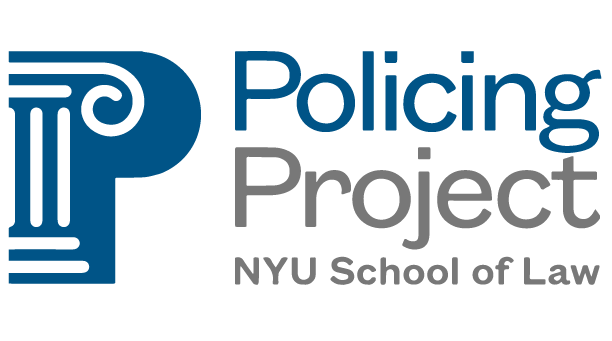An Assessment of Traffic Stops and Policing Strategies in Nashville
Overview
In response to the Gideon’s Army report indicating racial disparities in traffic stops, the Nashville Mayor’s Office asked the Policing Project to assess the efficacy of traffic stops as a strategy to fight crime, and to develop strategies to address the underlying racial disparities and improve community-police relations in Nashville.
Read the full report: An Assessment of Traffic Stops and Policing Strategies in Nashville (.PDF)
Key Takeaways
1). There are indeed notable racial disparities in traffic stops in Nashville. These disparities are higher for traffic stops around non-moving violations, such as broken taillights or expired tags.
2). Traffic stops are not an effective strategy for reducing crime. In particular, the practice of making large numbers of stops in high crime neighborhoods does not appear to have any effect on crime in the city.
3). We make numerous recommendations to help improve police-community relations in the city, including engaging the public in the process of strategic planning around public safety.










